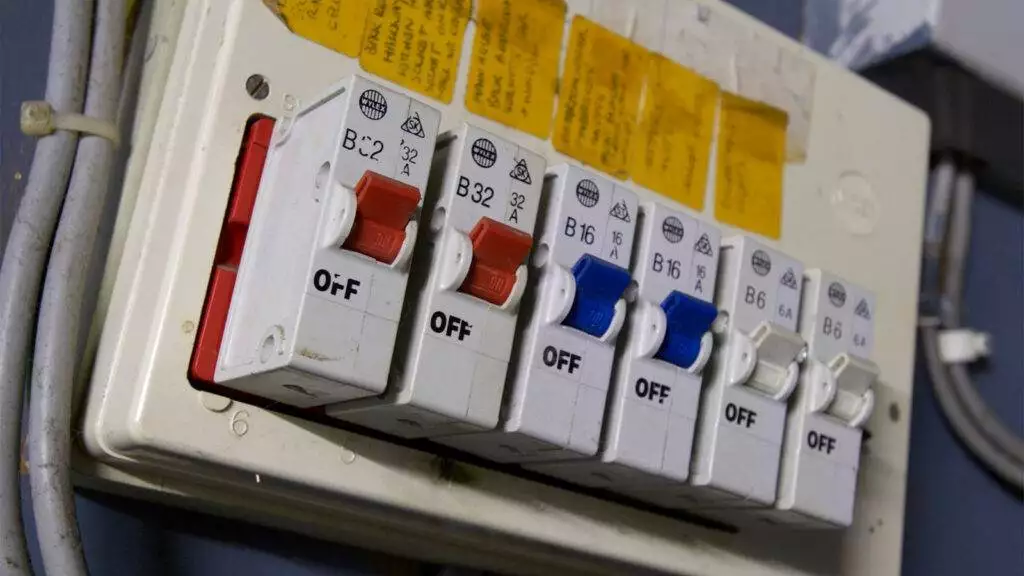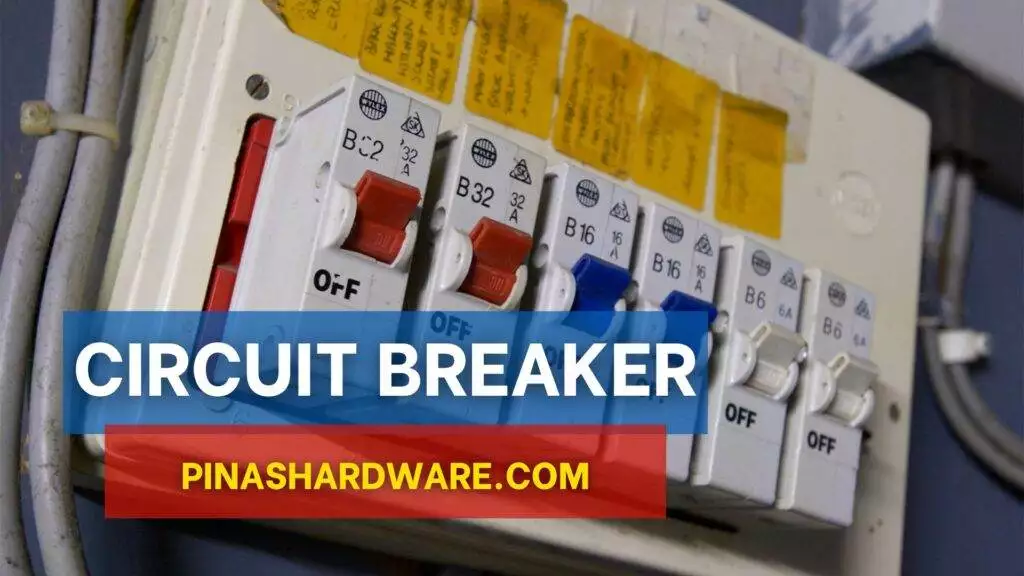A Circuit Breaker is an electrical device made from materials such as metals, insulating materials, and other mechanical and electronic components for operation and tripping mechanisms. It serves as a safety mechanism that protects electrical circuits and devices from damage by automatically interrupting the flow of electricity when certain conditions are met. They come in various types and sizes to accommodate different voltage levels and current ratings, ranging from small residential circuit breakers to large industrial circuit breakers.
Circuit Breaker Prices
Circuit Breaker prices vary depending on the brand and electrical current capacity. On average, the lowest-priced circuit breaker is at ₱195.00 and goes up to ₱410.00.
| Details | Voltage Levels | Price |
| Koten Safety Breaker | 15 AMP | ₱195.00 |
| Koten Safety Breaker | 20 AMP | ₱210.00 |
| Koten Safety Breaker | 30 AMP | ₱210.00 |
| Koten Safety Breaker | 40 AMP | ₱210.00 |
| Koten Safety Breaker | 60 AMP | ₱210.00 |
| Koten Safety Breaker | 100 AMP | ₱410.00 |
| Koten Safety Breaker | 15 AMP | ₱230.00 |
| Koten Safety Breaker | 20 AMP w outlet | ₱239.00 |
| Koten Safety Breaker | 30 AMP w outlet | ₱239.00 |

Advantage of Circuit Breaker
Overload Protection – Circuit breakers protect electrical circuits and devices from damage caused by excessive current flow due to overloads. They trip automatically when the current exceeds the rated capacity of the circuit, preventing overheating and potential fires.
Short Circuit Protection – They also detect and respond to short circuits by quickly interrupting the flow of current to isolate the short circuit and prevent damage to equipment and wiring.
Fire Prevention – By preventing overheating and isolating electrical faults, circuit breakers help prevent fires caused by the electrical wiring due to faulty wiring, overloaded circuits, or short circuits.
Equipment Protection – Circuit breakers help protect all the electrical components and appliances from damage that is caused by electrical faults which helps extend their lifespans.
Convenience – Circuit breakers can be pretty convenient as they can be reset after tripping which, unlike fuses, would require immediate replacement.
Disadvantage of Circuit Breaker
Initial Cost – Circuit breakers can have a higher initial cost compared to fuses, especially those that have high-rated circuits or advanced models with additional features such as remote monitoring.
Complexity – Circuit breakers are more complex devices when you compare them to fuses which can make troubleshooting and maintenance more challenging, especially for inexperienced individuals.
Limited Lifespan – Like all electrical components, circuit breakers can also degrade over time due to the result of wear and tear or manufacturing defects.
Video of Circuit Breaker
FAQs
What is a circuit breaker used for?
A circuit breaker is an electrical switch designed to play a critical role in safeguarding electrical systems, equipment, and occupants from the dangers associated with electrical faults and overloads.
What are the 3 types of circuit breakers?
The three types of circuit breakers are:
- Standard circuit breakers
- Ground fault circuit interrupter circuit breakers (GFCIs)
- Arc fault circuit interrupter circuit breakers (AFCIs)
What is the function of the main circuit breaker?
The main circuit breaker is the one that’s responsible for controlling the flow of electricity from the two main wires to the hot bus bars.
How does a circuit breaker work?
A circuit breaker works by automatically breaking the flow of electrical current in a circuit when it detects abnormal conditions such as overcurrent or short circuits.
Is a circuit breaker important?
A circuit breaker is a device that’s essential for ensuring safety in residential or commercial electrical systems.

